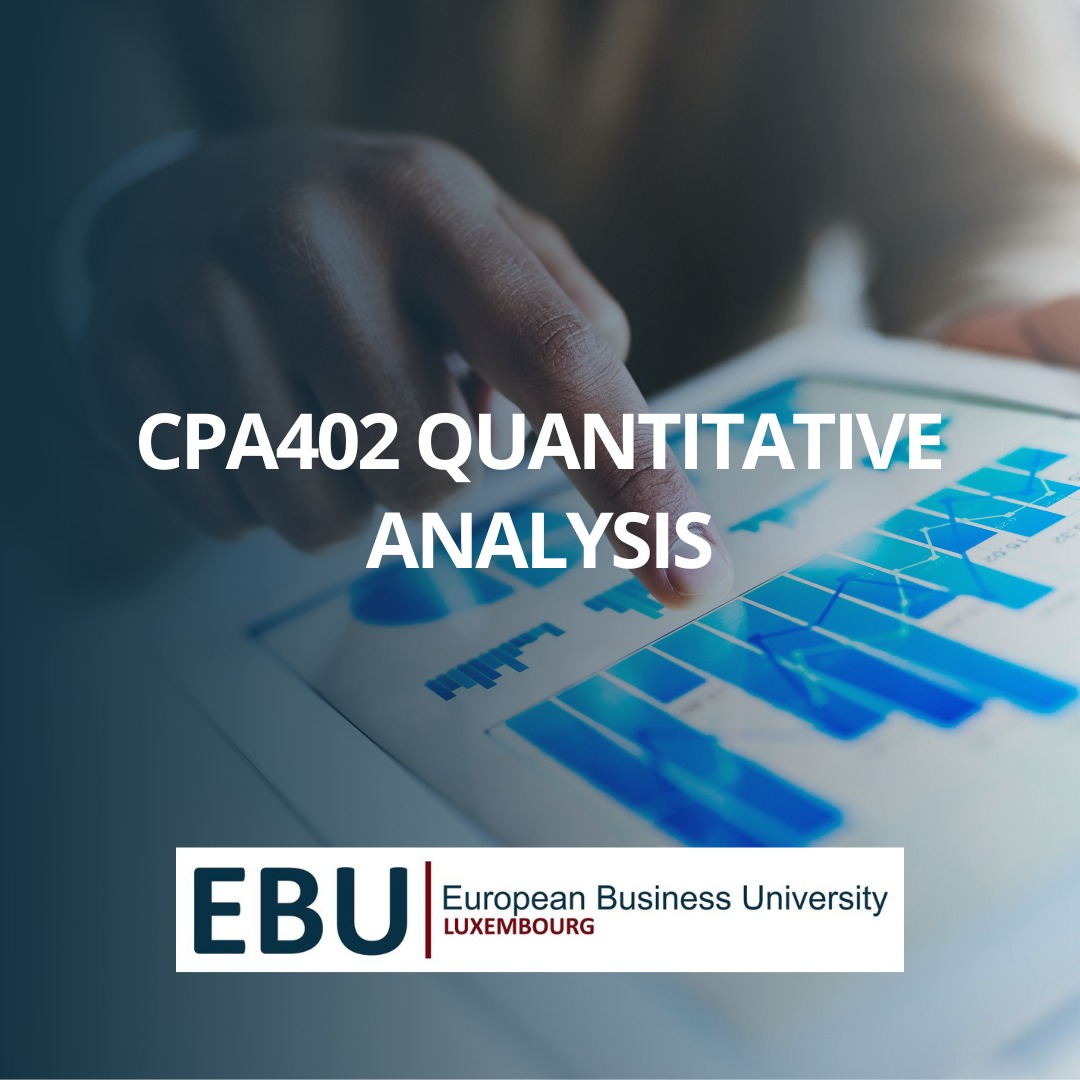
The Quantitative Analysis course aims develop an understanding of the mathematical principles and concepts which are useful in problem solving and decision making. The use of statistical methods in decisionmaking and application of statistical and mathematical models for estimation and forecasting are used in the solving and optimization of problems in management.
- Teacher: Inder Singh

In this course students investigate on existing technologies about software and hardware to solve problems and learn to display proficiency in decision making using contemporary Information systems tools. Students will apply the principles of information systems development and learn to apply the knowledge of information systems for competitive advantage This course aim so allow the student to learn the use of data communication networks, the Internet and e-commerce in optimizing business opportunities.
- Teacher: Keli Kasharaj

The Audit and Assurance syllabus is essentially divided into six areas. The syllabus starts with the nature, purpose and scope of assurance engagements, including the statutory audit, its regulatory environment, and introduces governance and professional ethics relating to audit and assurance. It then leads into planning the audit and performing risk assessment. The syllabus then covers a range of areas relating to an audit of financial statements including the scope of internal control and the role and function of internal audit. These include, evaluating internal controls, audit evidence, and a review of the financial statements. In addition to final review procedures, the syllabus concentrates on reporting, including the form and content of the independent auditor’s report.
- Teacher: Mamta Dagar
